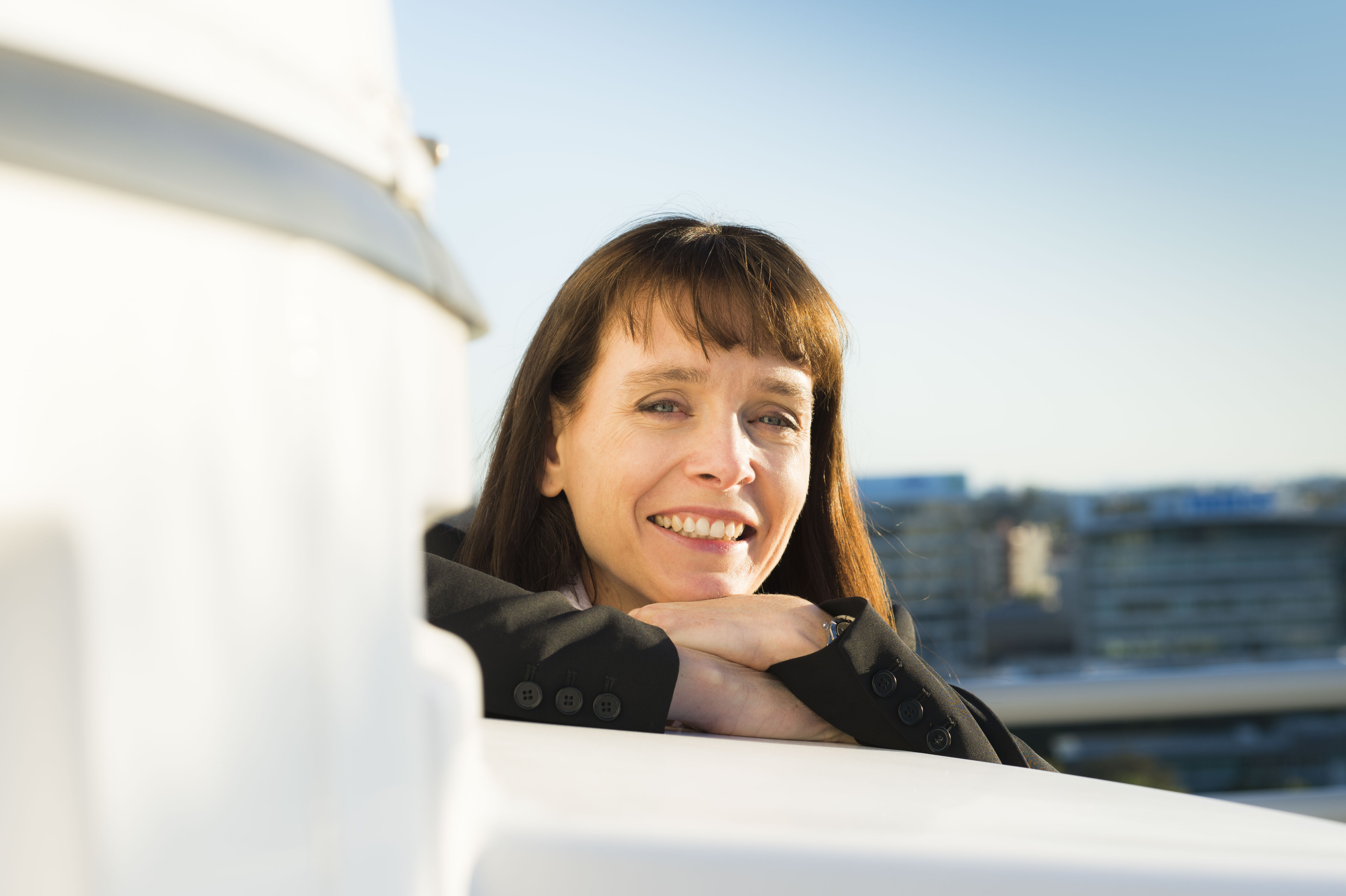What do you work in and what is your specialty?
My research at the NASA Jet Propulsion Laboratory focuses on earliest evidence of life on Earth, the nature of earliest terrestrial biota and ecosystems, morphological biosignatures, developing methods and approaches to biosignature detection on Mars, Mars Sample Return science, planetary instrument development, and life detection evaluation in returned samples. I am also the Principle Investigator for the NASA Mars 2020 Rover Mission.
How did you become interested in this area and when did you first start?
I was drawn to Earth Science by the opportunities it presented to go outdoors and do lots of field work. It was quite an amazing feeling as an Earth Scientist to be able to go to a place where there are outcrops of rock and look deep into Earth’s past and understand what was going on millions or even billions of years ago. I liken it to reading the pages of a book; the layers of the rock record, and I feel it gives you a sense of perspective on your own life today.
What study path have you taken to get here?
I came to work at NASA as an Earth Scientist by a very circuitous route. I first studied the Bachelor of Science majoring in Earth Science, at QUT. The skills gained from the very practical and hands-on nature of the degree undoubtedly carried me through my career to where I am today. As I came towards the end of my degree I originally thought I was going to go into the oil or mining industry. There were lots of job opportunities there and I actually took a position in the oil industry. A chance meeting with Dr Malcolm Walter at Macquarie University opened up the opportunity to do a PhD in Astrobiology, and that introduced me to an area of research that is relevant to Mars exploration. After I finished that research, I took a NASA postdoctoral program fellowship at the Jet Propulsion Laboratory (JPL) in California. From there I got very involved in the Mars exploration program and am now employed as a Research Scientist at JPL.
What do you like most about your job?
The very best part of my job is the combination of engineering and science that I get to do. It is cutting-edge engineering and lofty science goals combined together to achieve some of humankinds most ambitious endeavours; looking for evidence of life beyond Earth, understanding if we are alone in the universe. The opportunity to work on that kind of thing day-to-day is just mind-blowing.
Do you have any particular career highlights?
The rewards that you get from doing science are unlike almost anything else I can imagine; the rewards of discovery. If you become a scientist and you do research in science, you are able to tell people something new about the world and you are the expert in that particular thing that you’ve researched. That feeling of discovery and that curiosity is, I think what drives us as humans and it’s an incredibly satisfying thing to do as a career.
What advice would you give to someone interested in working in this area?
To me, role models in STEM careers are really important because for me I found it absolutely critical to see a person who was doing things in a job that I was interested in as a teenager simply as a hobby. I loved space exploration but it was looking through telescopes and reading science fiction novels, I didn’t think you could make a job out of this stuff. I saw a woman who was on TV talking about the amazing feeling of being the first person on this planet to see the close-up pictures of Saturn to come in from Voyager back in the 70’s. It was so awe-inspiring to see someone doing something so noble and so incredible. She was making a career out of it and she was a woman, and so that became a concrete goal for me to aim for.
There’s no point in me telling you one thing that you need to do to get where I am, but you should choose the thing in the science, technology, engineering, mathematics fields that lights your spark, that you love doing. And that will ensure that you are able to do well at it.

Name
Dr Abigail Allwood
Career
Research Scientist and Principle Investigator NASA
